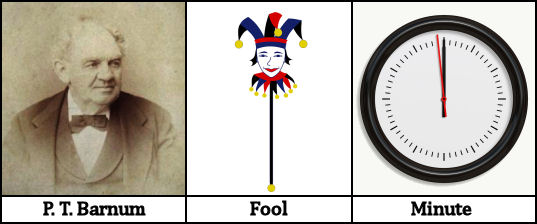Carl Sagan? Arthur Hays Sulzberger? Marianne Moore? E. E Cummings? William Allan Neilson? Walter Kotschnig? Samuel Butler? G. K. Chesterton? Max Radin? James Oberg? Anonymous?
Question for Quote Investigator: There is a desirable balance between exploring novel ideas with an open mind and maintaining a healthy skepticism. The following humorous cautionary statement exemplifies the tension:
Do not be so open-minded that your brains fall out.
I have heard this expression attributed to New York Times publisher Arthur Hays Sulzberger, Smith College President William Allan Neilson, and astronomer Carl Sagan. Do you know who should be credited?
Reply from Quote Investigator: The earliest published close match located by QI appeared in a newspaper report in January 1940 about a speech by Walter Kotschnig given at Mount Holyoke College in Massachusetts. Kotschnig worked with refugee organizations early in his career and subsequently joined the United States State Department.1 Boldface has been added:2
Prof. Walter Kotschnig told Holyoke College students to keep their minds open—“but not so open that your brains fall out.”
He condemned the purpose of students who go to college merely to learn skill and urged his listeners to find the “real aim of education, to acquire a philosophy of life, intellectual honesty, and a constant search for truth.”
QI has also located an article published in February 1940 describing a speech delivered by Kotschnig in November 1939. This citation had the second earliest publication date for a close match; however, the date of the speech was the earliest. Details are given further below.
The same metaphor was used in 1937; however, the phrasing was condemnatory instead of cautionary. Details for this citation are given further below. The comical notion that an open mind might lead to a mind with “nothing in it at all” was suggested much earlier in 1886.
Here are additional selected citations in chronological order.
Continue reading “Quote Origin: Do Not Be So Open-Minded That Your Brains Fall Out”
